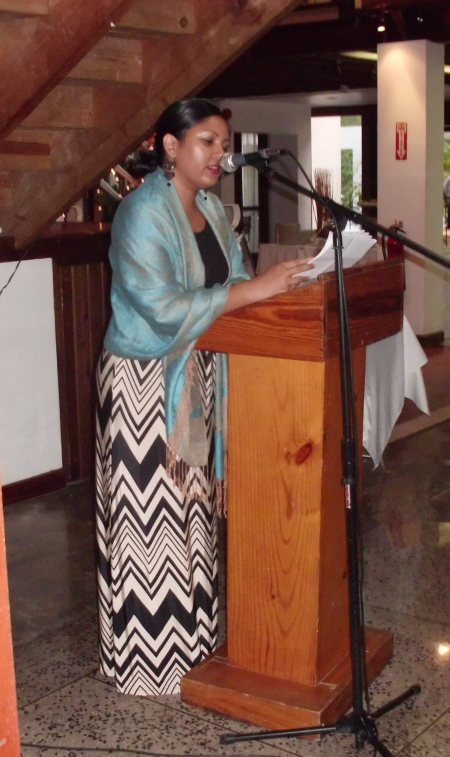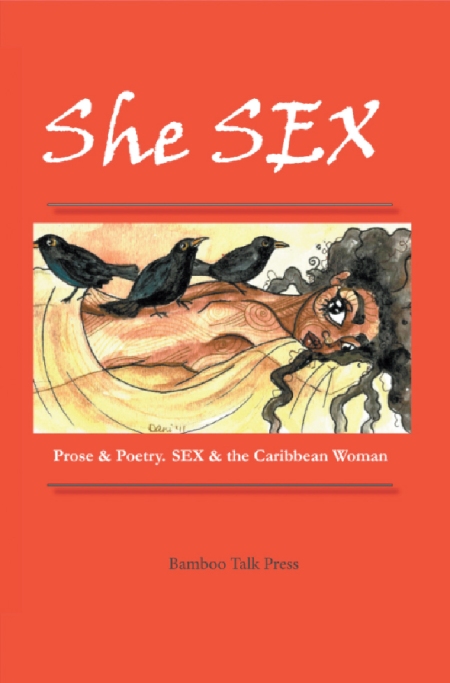by Shivanee Ramlochan, Paper Based Blogger

Papillote Press, 2018.
“Most adults don’t believe children can get anxiety, but believe me, we do.”
Lisa Allen-Agostini’s Home Home, 2017 CODE Burt Award for Caribbean Young Adult Literature finalist, is a brief but stirring lesson in what it means to make a family, and how home can be anywhere with deep and devoted roots. Kayla, whose stern disciplinarian mother has sent her to Canada, isn’t so sure she can ever get used to the Edmonton cold, even on an average summer day. She bundles herself up in excessive layers, keeps herself company in her own room at her aunt’s house. Aunt Jillian and her partner Julie are the first lesbian couple that fourteen year-old Kayla has known; she loves them but isn’t so sure how to feel about ‘the LGBT thing’. Throw in a best friend thousands of miles away; a cute boy who gives Kayla serious butterflies, and Kayla’s battle with mental health: it all seems like too much for even a smart, resourceful girl to manage. How, in the midst of this maelstrom of sickness and uncertainty, can Kayla be sure of exactly who she is?
This isn’t a detached look into the life of a chronically depressed teenager. Allen-Agostini brings us into the complex, often chaotic inner world of Kayla, and shows us this protagonist as a living, breathing girl child. Kayla navigates her mostly-hermitic world using the contemporary technology anyone her age might. Her Skype calls with Akilah are a touchstone to a familiar life, which the writer brings into sharp auditory focus: we can hear the “burbling, bubbling” Skype ringtone every time Akilah calls; we can feel the importance of that sound, no matter how annoying Kayla finds it. We hear its reverberations in her everyday life.
Allen-Agostini’s portrait of Kayla, a girl who both knows her own mind and fears it, makes Home Home indispensable reading for young people, and for older people who want to know their youth better. In her obsessive Buzzeed video watching; her love of old-school hip hop; her quest to find the place she belongs, Kayla is a young person worth rooting for, worth believing. It’s a convincingly-hewn message of this slender, strongly-mapped novella: every young person who struggles deserves not only awareness, but faith, and loving trust.








